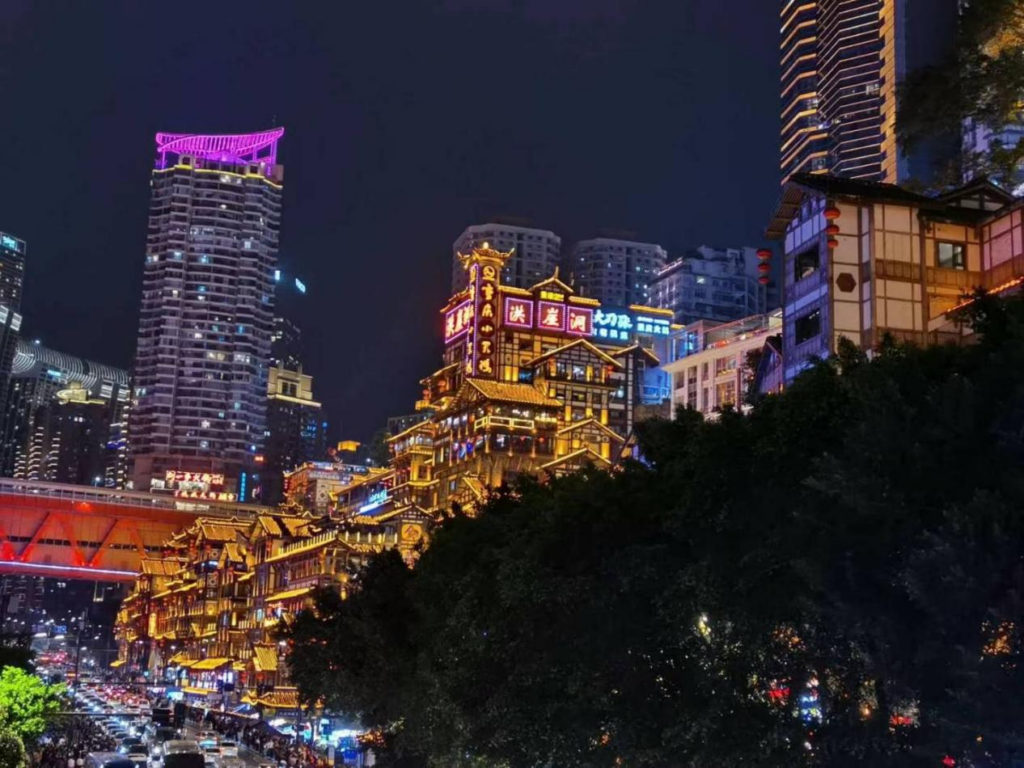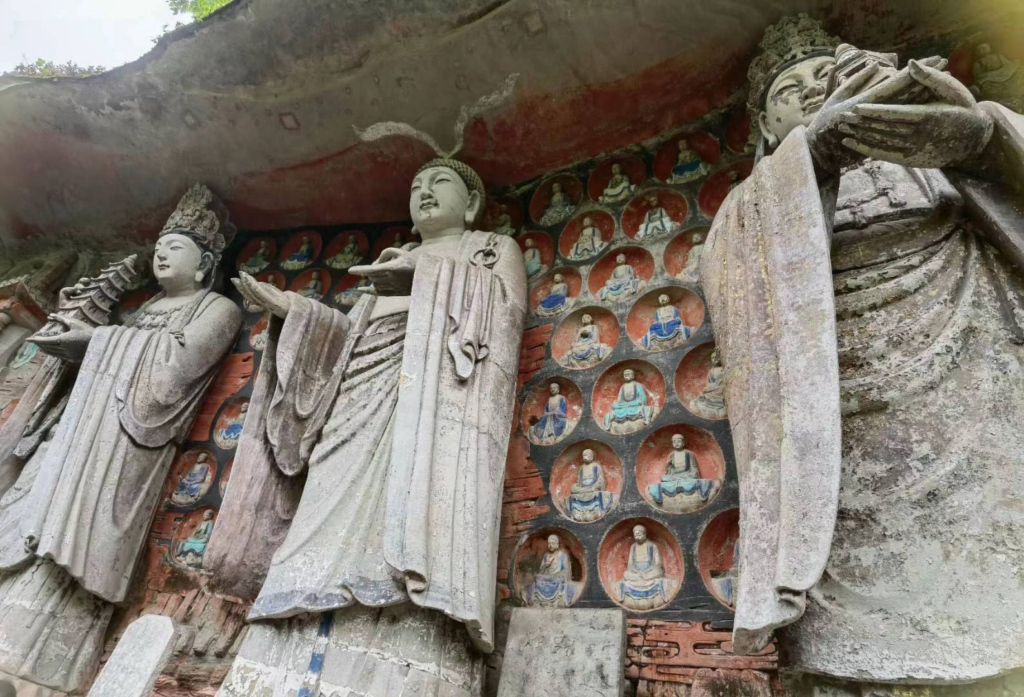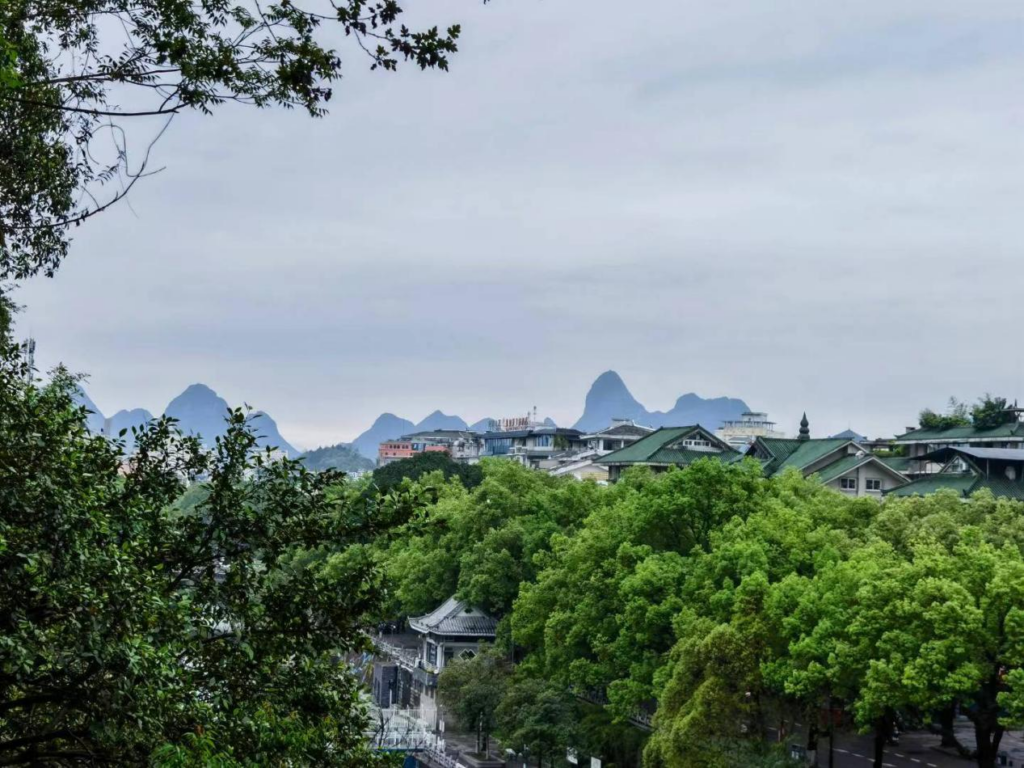By Brittany Chiu
Are you interested in traveling to China but daunted by all the inconveniences you hear that foreigners encounter? Fear no more! I’m here to give you some tips.
I have traveled to China since 2017 and had lived and worked there for 2 years from 2019-2021. I returned to China for holiday on April 2024 and boy, have many things changed. If you’re not aware of what’s going on, China is currently heading towards what may be economic stagnation. The Chinese government is taking extensive measures to stimulate foreign direct investment and drive inbound tourism. In other words, it’s getting easier to travel, live, and work in China. Let’s get started with what you need to know!
Payment Methods
Digital pay and mobile wallets are king in China! Although Chinese merchants are required to accept cash by law, many have little to no cash on hand. That can be frustrating.
International Credit Cards: Major cities like Shanghai and Beijing accept credit cards such as Visa, Mastercard, and UnionPay.
WeChat: The best way however is to be like a Chinese native. Before you enter China, download the app WeChat. For WeChat, you might have to ask someone who has WeChat to help you get verified. This didn’t used to be the case years ago, but it’s for fraud prevention, youth safety and well-being, etc. After you get your WeChat account verified, here are the steps for setting up WeChat Wallet.
-
- Select “Me”and then “Services”.
- Tap “Wallet, “Bank Cards”, “Add a Bank Card”and follow all the steps to get verified.Note that you can only pay merchants directly via QR codes. There are 2 ways. The first is to have them scan you and you can do this by selecting “Money”which is right next to “Wallet”. The other way is for you to scan their QR code by going to “Discover”, clicking “+” on the top right corner, and “Scan”.
- Please be informed that you will always have a zero balance as you do not have a Chinese bank account bound to your WeChat Wallet. This means that you cannot transfer money to any personal WeChat accounts (no red packets).
Alipay: In combination with WeChat Wallet, you may want to get Alipay. Find it on the app store and download. Get verified via your phone number. In the app are mini apps. Search for “TourCard”and follow the instructions. Please note that you can only top up to 10,000RMB per 3 months which is enough for travel expenses. You can link this Bank of Shanghai debit card that you get to your WeChat or AliPay. Once again, just follow the instructions.
Digital Yuan (e-CNY): This is a digital currency issued by the central bank back in 2019 but I am unfamiliar with this. Most places I have traveled to, even far-flung towns, accept the digital yuan.
Sim Card
This is easy. Just go to the service desk at the airport and tell them that you want to purchase a sim card.
Getting Around
Map: Download an app called Amap 高德地图. It’s much more accurate than Baidu’s map and directly connects to China’s BeiDou navigation satellite system.
Taxis: I don’t want to smear China, but sometimes taxi drivers can be sly and take a longer route. So how do you solve this? Set your destination on Amap and tell the taxi driver to follow the route.
Didi: There are many other ride-hailing apps, but I use Didi because it’s easy. You don’t have to download an extra app. Just go to WeChat, tap “Services”and look for “Ride Hailing”. Voila, that’s the Didi mini app. Enter your destination address, make sure that the pin is set to where you want to be picked up, and wait for your ride. Do not pay the driver in cash or via any other way than Didi. If the driver refuses to send you the bill through Didi, tell the driver to first pay through Didi and that Didi will reimburse. Simply just walk away, otherwise you will have paid the driver but not Didi. Then file a report. Didi is very strict with its drivers and there are severe penalties for violations.
Subways: They are amazing but can be very crowded. Every city is different. Some allow you to purchase a 1-way token, so make sure that you hold onto your token for getting on and off the subway. Beijing uses the iPass 一卡通 which requires you to top up. Find the service desk, pay for the card, top up, and go.
Trains Not the Subway: Just directly go to the train station to book your train (don’t forget your passport!)or do it via Trip.com in advance. There’s also a mini app inside WeChat Services called “Rail & Flights”. I have never used it, so I am not sure if foreigners can make purchases through it. There are multiple train stations in large cities, so make sure that you are heading to the right one. If you need to change your destination or time, just go to the ticket counter.
Long Distance Buses: Not all cities and towns have trains. I never book my buses in advance because buses operate frequently. However, it’s best to note when services will stop running. Otherwise, you may have to sleep in the bus station for a night!
Airplanes: Flying is not as convenient as it is in the United States. Flights are commonly delayed in China due to lots of restricted airspace and bad weather.
Hotels
Latest Update: All hotels now must accept foreign guests!
If you wish to travel to Tibet, you must register with a tour group, get a permit to enter Tibet, and stay in a designated hotel. Foreigners cannot wander on their own. Another fun fact is that most hotels no longer require guests to pay a security deposit upfront and then have guests wait for the rooms to be checked when checking out. Yay!
If you are not staying in a hotel but at a relative’s or friend’s, just for safe measure, you may want to register yourself at a local police station.
Mafengwo & Little Red Book
These two social media apps are amazing! Mafengwo 马蜂窝 and Little Redbook 小红书 have lots of travel guides and tips. Without them, I would’ve been lost in Guilin City, Guangxi! I don’t normally seek out private tours or tour groups because I’m pretty savvy around in China.
Museums Close on Mondays
Yes, most museums close on Mondays. Plan ahead.
Book Tickets in Advance
It’s best to have a local Chinese friend book tickets for you. Some scenic spots require you to book a day in advance. For me personally, I just go to WeChat Search, search for the official WeChat account such as 三星堆博物馆 (Sanxingdui Museum) and book tickets there. It can be a hassle to enter passport information each time though. For very touristy places like the Palace Museum, it can be quite difficult to book tickets. I recommend going there very early and line up for your ticket purchase.
Sun Protection
Goodness, I cannot stress this enough. Urban heat in China is real. Please protect yourself from head to toe. It will feel strange at first, but you will not regret carrying a sun parasol. Dress up however you feel is best, even if you look like a ninja.
Toilets
Oh the horror! No, I’m not talking about the the Asian squat. This is a more pressing issue. The sewage system in China is terribly engineered. Please dispose as little toilet paper into the toilet and flush frequently, especially when you have a bowel movement. Things will get stuck!!! Public toilets rarely carry toilet papers so make sure that you bring your own.
VPN
If you need to use VPN, download it before you enter China! I have used ExpressVPN for many years and it had worked before. This time though in 2024, it failed me. I guess that is because ExpressVPN is too well-known and it has been extra cracked down on. I recommend using a less popular service. Sometimes, you can still receive a batch of Google emails but they come delayed. It’s strange but it’s a nice loophole for foreigners.
Food Delivery Paradise
You will fall in love with China’s food delivery apps! There are 2 commonly used apps: Dianping点评 and ele.me 饿了么. I use both, but mainly Dianping. Just enter your address, order whatever you want, and within an hour, your food is delivered! In fact, they don’t just deliver food but also groceries and medicine. There are other delivery apps or apps where you hire someone to help you run errands but I have not explored them.
Shared Bikes
These are commonly found throughout large cities. Just scan the QR code with WeChat to unlock it. Avoid going against the traffic!
Masks & Pollution
No, you don’t need to mask up in post-COVID China. You can though if you want.
Pollution is still a common occurrence in China, mainly in the north, but it has gotten better over the years. It’s due to a mix of factors such as coal burning and sandstorms. If you do encounter bad air, I recommend downloading an air quality index app and wearing 3M masks.
Passport, Embassy & Consulates
You should always carry your passport with you wherever you go. For instance, if you are going to Tiananmen Square, the police will check your passport. If you don’t have the physical copy on hand, you can show them a screenshot of it on your phone and they will most likely let you pass.
This is for Americans only. The U.S. embassy is located in Beijing. There are 5 other consulates: Guangzhou, Hong Kong, Shanghai, Shenyang and Wuhan.

Hongya Cave, Chongqing City 洪崖洞, 重庆市

Dazu Rock Carvings, Chongqing City 大足石刻,重庆市

Elephant Trunk Hill, Guilin City, Guangxi象鼻山,桂林市 ,广西

